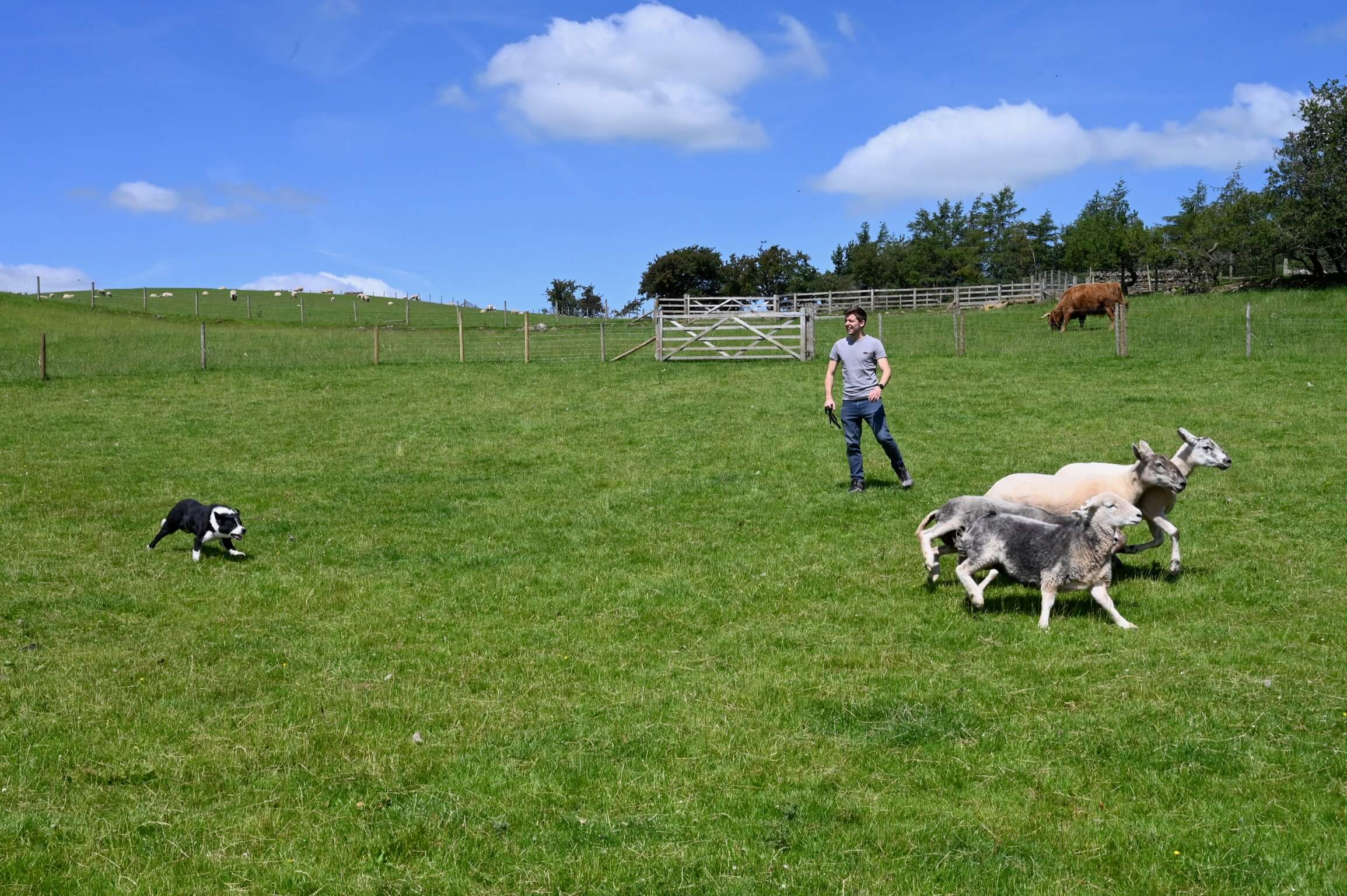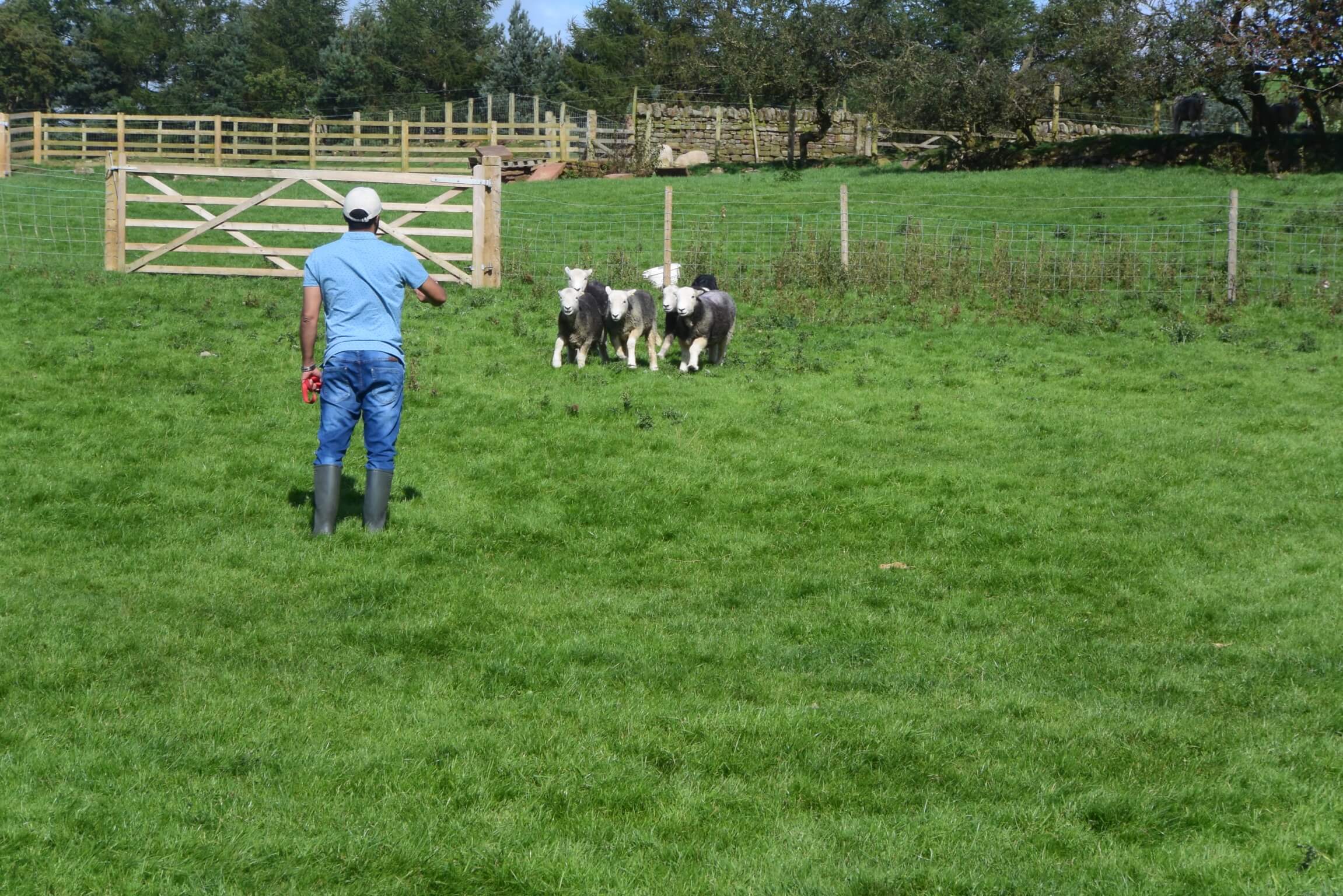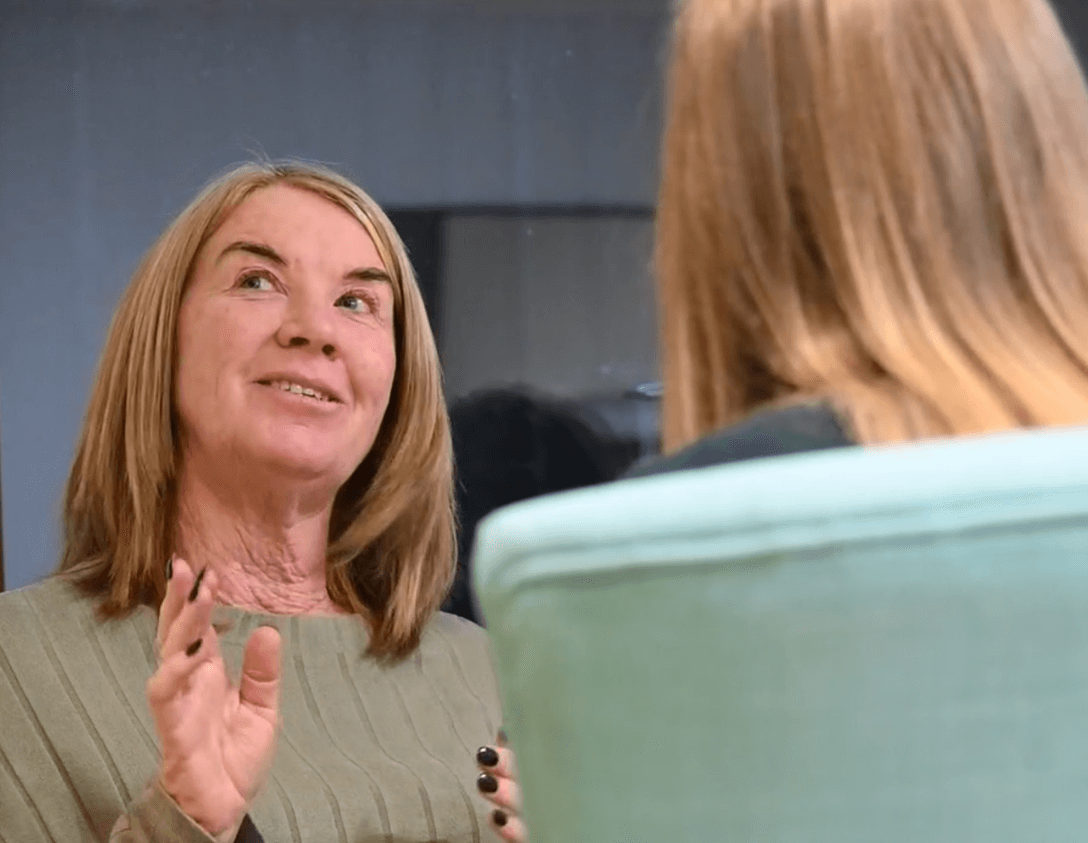The Value of Openness to Ideas … aka Open Mindedness
Why is it that some people have more ideas than others? And why is it that some people have more useful ideas that gets stuff done? Can we get better at a: having ideas and b: having more useful ideas?
At Natural Leaders, and backed up by multitude pieces of research, the answer is yes. Psychologists recognise a number of factors that play a role in ideation and what we do with our ideas. They include impulsivity, openness to ideas, self discipline and openness to change / experience. These factors can be strengthened with practice yet it all starts with curiosity. That question in our minds that says ‘oh that’s interesting’, what is it about that I don’t understand and what if! The best of us are endlessly curious.
What traits and characteristics make one person a more prolific ideas person than another?
First things first. Our environment plays a significant role in idea generation. Looking outside your normal view, understanding trends and patterns from others and recognising that their experiences count will spark needs and opportunities that apply to you. Be careful to pay attention as these weak signals can often be overlooked or ignored. Often, by the time the sure thing emerges, you’ve left it far too late.
Now it’s not achievable, or even desirable, to have lots of creatives generating ideas in our organisations. But the traits of the creative genius give some valuable insights into creativity and innovation:
- They have the personality trait of openness
- They take pleasure in intellectual activity and curiosity
- They appreciate uncertainty and like seeing things from multiple angles
- They use their gut feelings and let the rational work it through
- They are not ideological, neither left or right wing
- They constantly attack their own reasoning
- They are aware of biases and actively work to oppose them
- They constantly update their current opinions with new information
- They believe in the wisdom of crowds to improve upon or discover ideas
- They are not afraid to look stupid…
I definitely find when working with people on projects that many of the best participants share a lot of these traits
How can we develop open-minded individuals teams and organisations?
Most people don’t think they are close minded.
However, a quick look at social media will confirm that many people are. Technology encourages us to believe we all have first-hand access to the ‘real’ facts. The algorithms that these firms have produced push similar content and hide different content from us thereby hindering our curiosity and openness. What passes for ‘debate’ is often just a series of short exchanges of people presenting their positions and refusing to shift.
At Natural Leaders we have developed an experience that is designed to shift your reality and get our brains working in ways that maximise opportunity and openness. Why not try these questions to asses how open-minded you are to new ideas:
- When was the last time I asked for feedback about my work?
- Has there been a time recently when I’ve changed my mind on an important issue?
- Do I solicit new ideas from my colleagues and customers?
- Do I show recognition and appreciation for ideas suggested by others?
- Does my team support a culture of openness and continual feedback?
- When did I last express uncertainty about what to do next in front of my team?
Questions such of these are arguably at odds with traditional leadership thinking.
When we think of an ideal leader, we often conjure the image of a confident, assertive individual who is not afraid to make decisions and lay down a clear direction. Because of this perception an openness to new ideas, approaches or suggestions from others is an increasingly overlooked and underrated skill.
Future ready organisations will be the ones that maintain a curious and outward-looking nature, searching for new influences that challenge all that they do. In a world of impermanence the only sure thing is change and yet more complex problems. It’s time to free your people up and start rewarding them for their learning rather than just their performance.
A call to action
There’s an easy business case for investing in being curious and not believing the same things you did yesterday. And it starts with a new experience like Natural Leaders.






